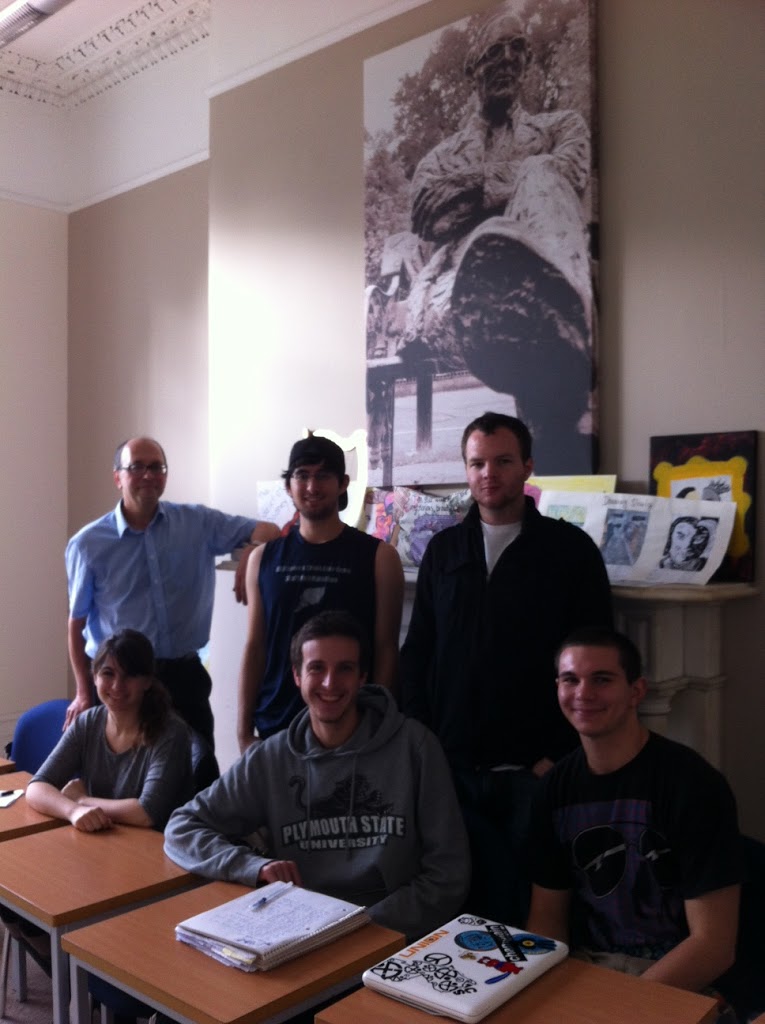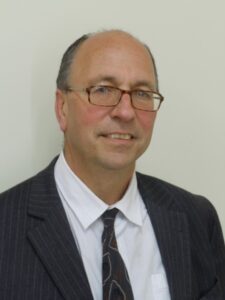
I began teaching and developing this course soon after the Champlain Abroad Dublin campus was established in the Fall of 2008. While it is ostensibly part of a social work programme (SWK 425) and while part of my own earlier life involved doing and teaching social work, I have had few social work or counselling majors on the course. Students have majored in a range of subjects. As a result I quickly broadened out from a narrower conception of ‘human services’ to encompass also criminal justice, business ethics, privacy and new technologies, and my own particular interest, biomedical ethics including ‘beginning and end of life’ issues such as euthanasia and abortion.
Ethics, of course, is the study of right and wrong – also called moral philosophy if you want a grander title. For most of us, most of the time, instinct, intuition and social norms will get us through day to day challenges without resort to too much theory or reflection. For religious believers there are other possibilities of guidance. But increasingly and especially in professional and political discourses, more structured processes of thought and discussion are required. I also strongly believe that some acquaintance with the philosophical method of enquiry is good in itself, strengthening our independence and critical faculties, especially in a world in which sound-bite politics and knee-jerk adversarial sloganising are often substitutes for clear thinking and accurate use of language.
Here are a couple of examples which might give some indications of what I mean. The second, which is admittedly rather trivial, is by way of a short quiz (you can use a dictionary for that one):
1. The current debate on same sex marriage is often presented in extreme terms and as if it is primarily about gay rights, e.g. as a conflict between tolerant liberalism and right wing homophobia. But is that really the issue? As Michael Sandel points out, in a text we use on the course, we might instead look at how we best define marriage, especially in societies where divorce is easily achieved and where sex and procreation outside marriage are common and not penalised. More to the point, what is the state doing in the marriage business at all? It wasn’t always, and why should marriage not be dealt with primarily as a ‘private sector’ arrangement, like a mortgage or a business partnership?
2. Just the other day the British Prime Minister, David Cameron (who has been rather unreasonably criticised on account of his privileged upbringing – after all we can’t choose our parents) stated in a conference speech that he does not want to defend privilege; he wants to ‘spread privilege’. What does that phrase actually mean and what kind of society would result if privilege became widespread? On the other hand, what do you think Mr Cameron really meant to say, and what kind of society was he actually, perhaps, advocating?
Humans are language using animals, and we use language, much of the time, to tell each other stories. Narrative is a big part of how we define our worlds, and on this course we use stories a great deal and spend time discussing them, debate being the fundamental method of philosophical enquiry. Mostly these stories are ‘case examples’ from the world around, often sad, troubling or even tragic, sometimes mundane or amusing. Occasionally, where it’s useful and comfortable to do so, we draw from our own experience. Some stories are bizarre inventions, sometimes called ‘thought experiments’ by philosophers. In a thought experiment which was, in a limited way, realized, two science journalists applied to patent a ‘humanzee’ – a hypothetical cross between a human and a chimp – and were turned down by the U.S. patents office because the human half of the creature, if it ever came into being, might become a slave, which would be unconstitutional! However the study of ethics is also an academic discipline and we can’t make sense of our stories without theoretical perspectives, any more than moral theories can stand alone without practical examples to test them out.
Currently we use four main theoretical viewpoints. Two of these – utilitarianism, developed by the Englishman Jeremy Bentham, and the duty-based ethics of the German, Immanuel Kant – date from the 18th century but continue to resonate and provide solutions (and indeed further questions) which help us to address emerging issues which these two great thinkers could not even have imagined. We also refer to two political theories with profound moral implications, both dating largely from post-war America but with much deeper historical roots: libertarianism and the argument for social justice made by John Rawls. Of course these viewpoints remain at the centre of the American party political debate.
We also look at various sets of principles which give us frameworks to inform discussion on topics such as the use of human subjects in medical research, the purposes of punishment, the value of privacy etc. My hope is that, as we tell our stories and reflect on them, we will discover links to these theories and principles and that they, in turn, will help us to better use our capacities for rational thought and language.
Of course a one semester module can only, at best, be a start on this journey, which a few may choose to pursue further. I have found that most students have shown great curiosity and interest and along with their (usually very good) grades may have taken away something of potentially lasting value.
-David Willow
Faculty member of Champlain College Dublin
lecturer in ‘Ethics and Human Services’ (SWK 425)

David Willow holds a degree in Social Work, an MA in Public and Social Administration, and an M.Sc. in Ethics in Law and Health Care. He has lectured in Social Work at Oxford Polytechnic, has been a social worker in London, and is currently the Director of Community Integration at Tallaght Hospital and teaching ‘Ethics and Human Services’ (SWK 425) at Champlain College Dublin.